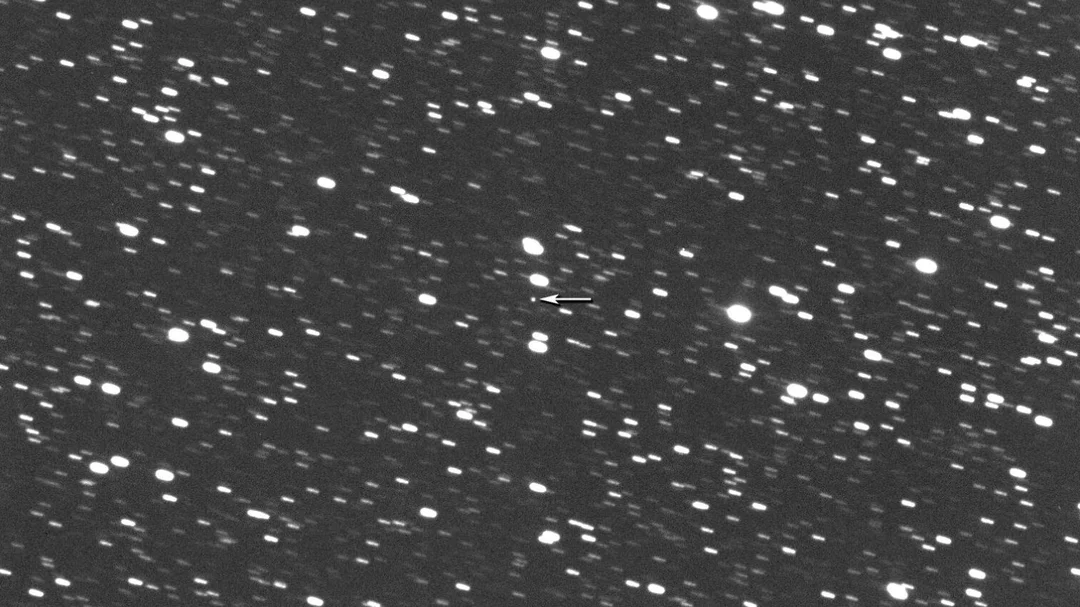
Stadium-Sized Asteroid 2002 JX8 Safely Passes Earth: Watch the Flyby!
A stadium-sized asteroid, designated 612356 (2002 JX8), made a close approach to Earth on Friday, May 9th, igniting the curiosity of skywatchers across the globe. While classified as "potentially hazardous" due to its size and orbit, space agencies assured that there was no risk of collision. This event provided a unique opportunity for both professional astronomers and amateur stargazers to observe a celestial visitor.

According to reports, the 950-foot-wide space rock passed approximately 2.6 million miles from our planet – roughly 11 times the average distance between Earth and the Moon. The European Space Agency (ESA) emphasized the safety of the flyby, highlighting that the asteroid's orbit brings it safely past Earth multiple times within short periods, followed by longer intervals without close encounters. Interestingly, 2002 JX8 also frequently approaches Venus, sometimes passing closer to its surface than to Earth.
The Virtual Telescope Project offered a live stream of the event on YouTube, allowing viewers to witness the asteroid's journey in real-time. Gianluca Masi, the project's founder, stated that the asteroid would safely pass by at a distance of approximately 4.2 million kilometers (2.6 million miles). The stream also included observations of the asteroid Vesta.
The "potentially hazardous" classification of 2002 JX8 stems from its potential to make close approaches to Earth in the future. NASA defines a PHA as an asteroid with a certain brightness and the capability of approaching Earth within 0.05 astronomical units (4.6 million miles). While NASA estimates thousands of PHAs exist, the likelihood of a major impact in the near future remains low.
Scientists at the Center for Near Earth Object Studies believe that a significantly large asteroid capable of widespread damage is unlikely to strike Earth in the next 100 years. This leaves plenty of time for further astronomical observations and advancements in planetary defense strategies.
The flyby of asteroid 2002 JX8 served as a reminder of the dynamic nature of our solar system and the ongoing efforts to monitor and understand near-Earth objects. What are your thoughts on planetary defense strategies? Do you think we should invest more in tracking and potentially deflecting asteroids? Share your comments below!